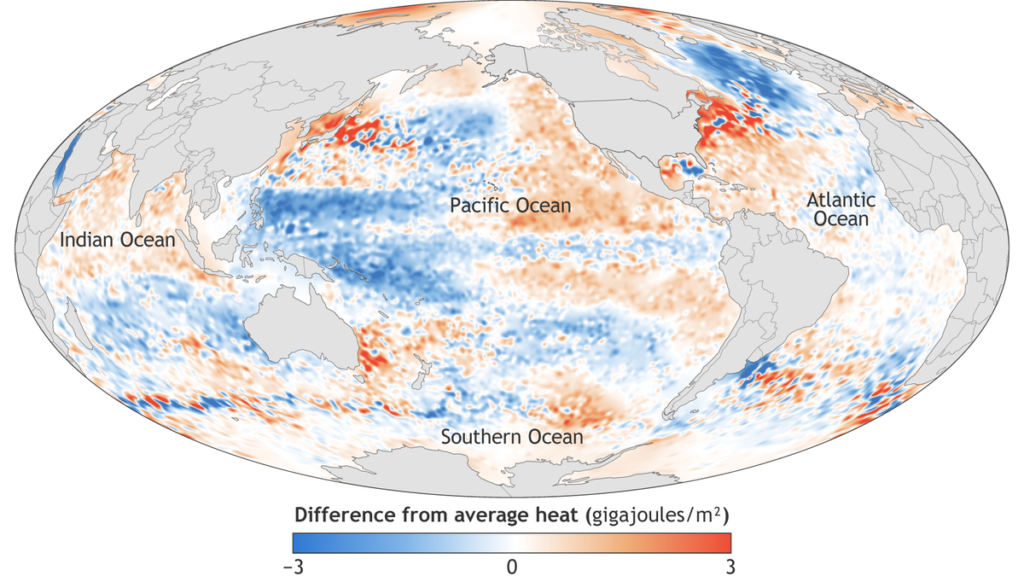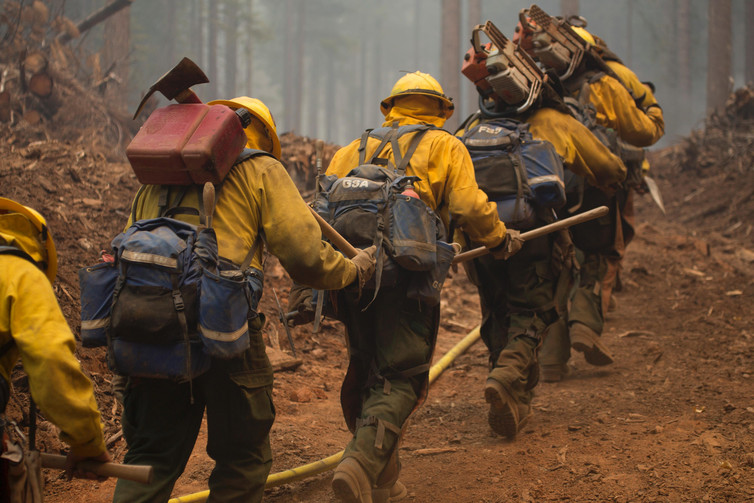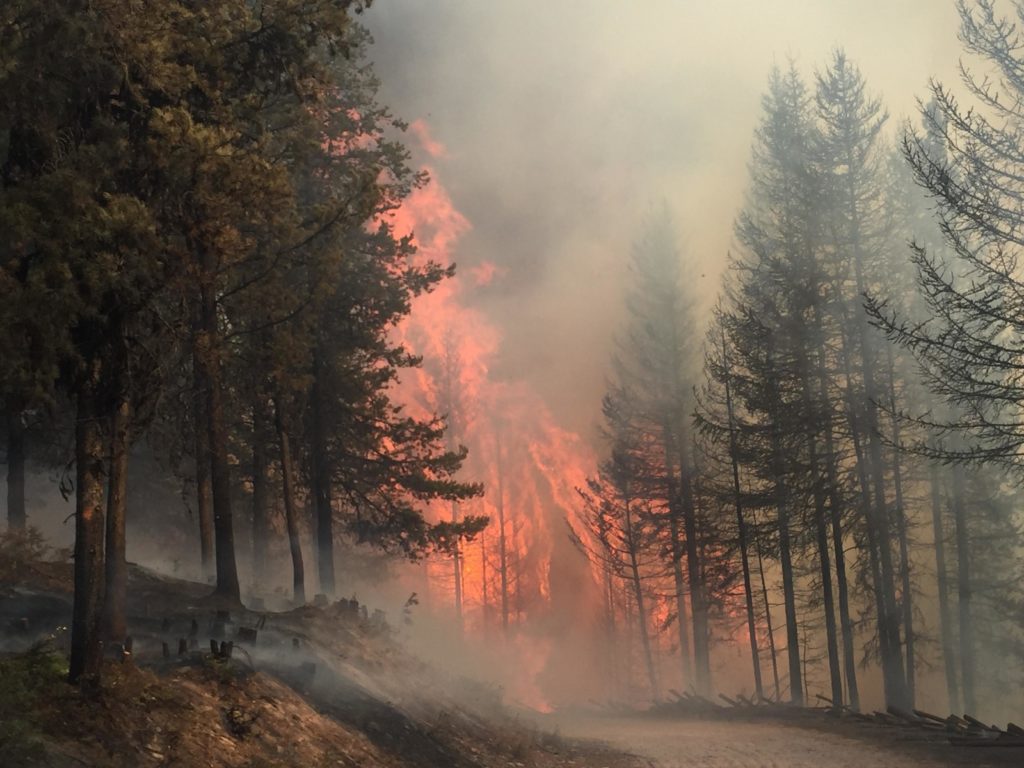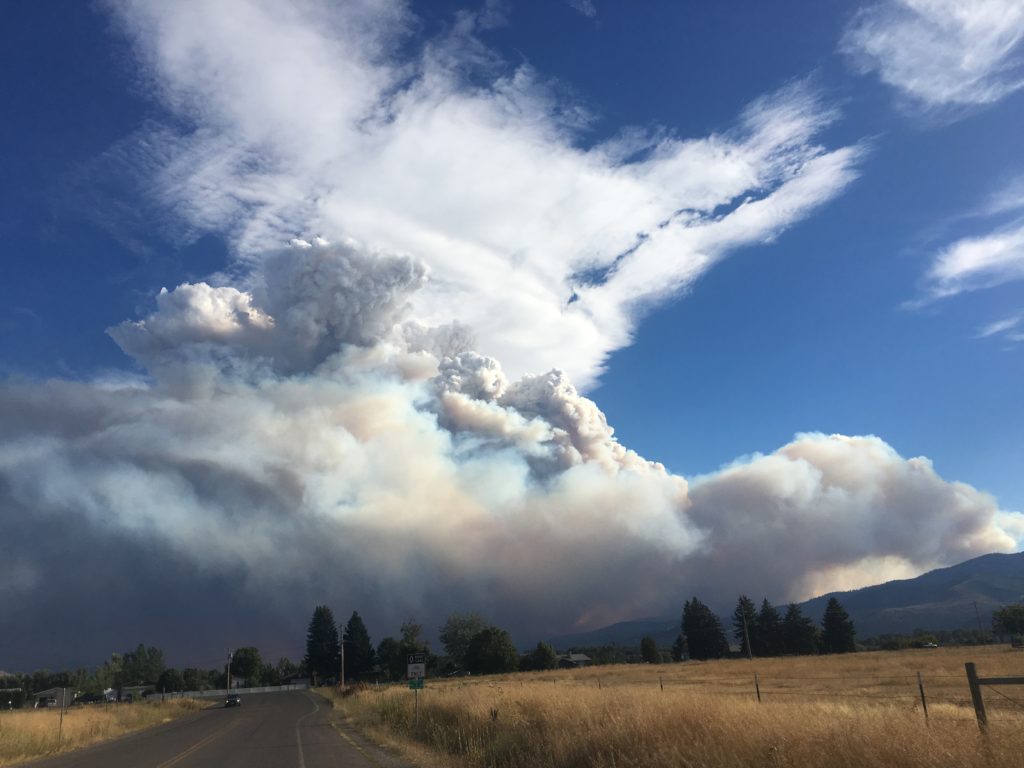
In May of this year, a hot spell broiled Boston. In June, extreme temperatures grounded Phoenix’s planes. Last week, Seattle suffered under record temperatures.
When a heat wave is forecast, the standard advice is to drink plenty of water, take frequent breaks and wear sunscreen. But for extreme heat events, those steps may not be enough.
Over 30 percent of all weather-related deaths in the United States are attributable to high outdoor temperatures, heat stroke or sunstroke. And heat waves are expected to increase in intensity with climate change.
How should U.S. cities prepare for extreme heat events? My research shows that the answer isn’t clear-cut, and that they should pursue multiple solutions rather than looking for one “best” option. [Read more…]



